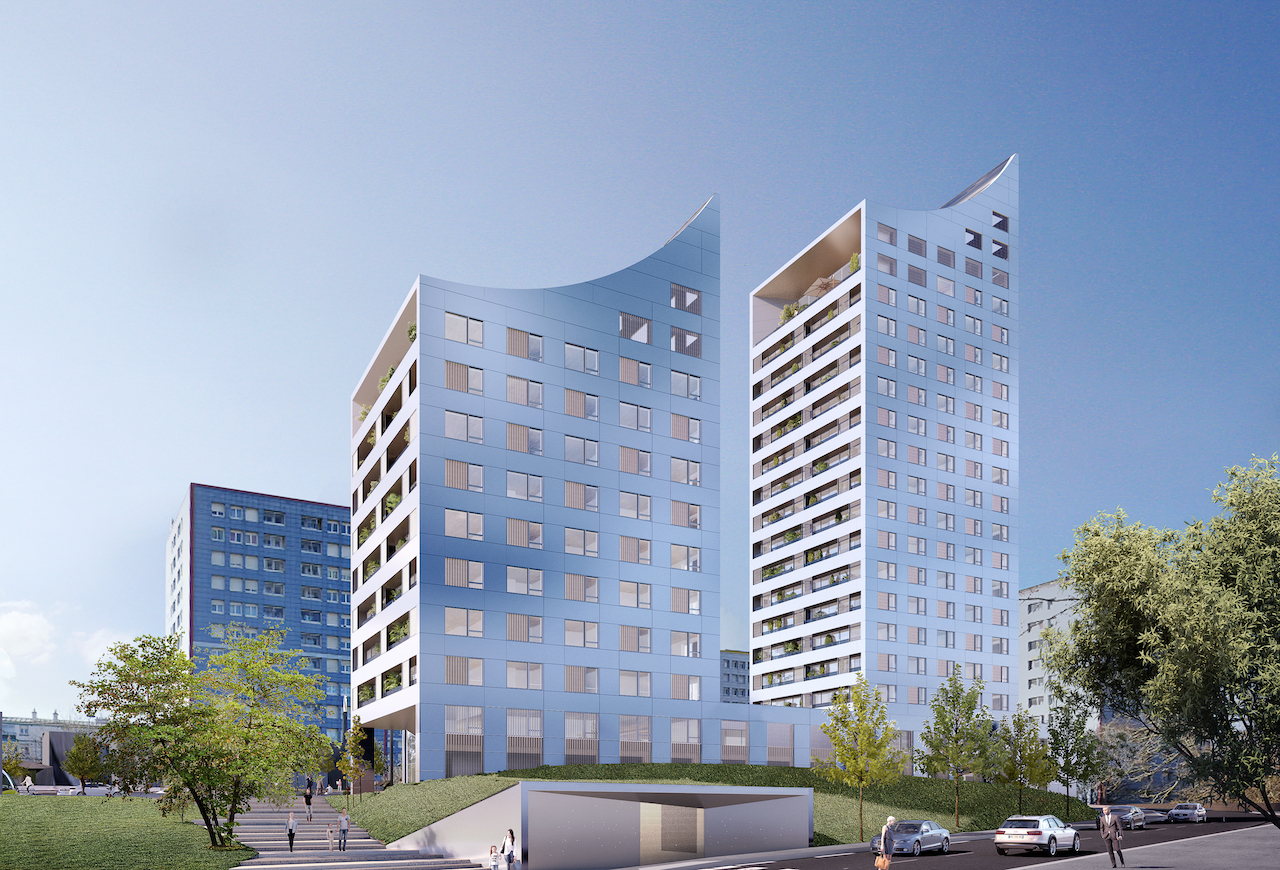The fund is backing the construction of low energy residential buildings by French sustainable developer Elithis Catella’s ‘energy positive’ towers fund reaches almost €100m at first close

Catella Residential Investment Management (CRIM) – a Berlin-based subsidiary of the Stockholm-based Catella group – said it had commitments of nearly €100m at the first close of an impact fund targeting residential developments that produce more energy from renewable sources than is consumed by the buildings and their tenants.
KLP, Norway’s municipal and public health sector occupational pension firm, is among those investing in the Catella Elithis Energy Positive Fund (CEEPF). The fund was launched in early 2022 with a 12-year duration and is administered by Vistra Fund Management. CBRE Capital Advisors works with CRIM on capital raising for the fund.
CRIM says the European-focused fund is seeking to achieve a total asset volume of €500m to invest in “energy positive” towers, which it is developing in partnership with French sustainable building engineering and real estate developer Elithis Groupe. The first of these new developments are due to be built in the French cities of Mulhouse, Brest, Le Havre, Nancy and Bordeaux, where agreements with local authorities have already been signed. The developers are planning to build at least 30 similar towers in Europe.
“We can offer with CEEPF a viable ESG investment solution for two of the greatest crises of our times, climate change and widening social inequality, as households increasingly come up against pressure from the soaring cost of living, particularly in residential rents and high energy prices,” Michael Fink, CRIM’s managing director said.
Elithis built its first building to be dubbed an energy positive tower in Strasbourg in 2018. The Elithis Danube building is a 17-story, 63 apartment tower which is supplied by power from its own solar panels and employs an energy efficient design to reduce power and heating requirements.
The towers outperform the EU’s 2050 net carbon zero target in their operation by using bioclimatic design and other technologies but can still be built at standard market construction costs, according to CRIM. Surplus power generated by the buildings is sold back to the grid, the income from which is used to offset resident’s energy costs.
Due to the sharp reduction, or even elimination, of household energy bills, apartment rents are estimated to be around 5-10% lower on average than comparable homes in the same area.
Andreas Farberg, KLP’s investment manager global real estate, said the pension company regarded CEEPF as “one of the most ambitious strategies in Europe to address both climate change and the need for good quality affordable housing”.
CRIM’s residential real estate business comprises portfolio management, acquisitions, sales and asset management. It manages and advises several funds and mandates and has assets under management of more than €7.5bn in 10 European countries.






